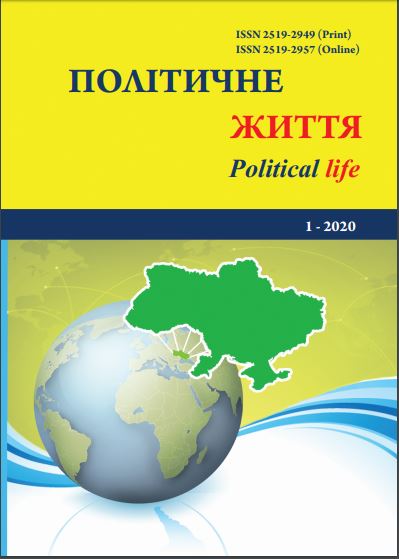Social programs in the context of state support for the protection of the population in EU countries (the "Family 500+" program of the Republic of Poland case).
DOI:
https://doi.org/10.31558/2519-2949.2020.1.4Keywords:
family policy, social protection and support, social policy, social insurance, social assistance, social services, social reforms, European experienceAbstract
The paper deals with the regulatory frameworks of family policy formation and implementation by the authorities of the European Union. Particular attention is paid to the peculiarities of family policy in some countries of the European Union (especially Poland), as well as the social protection of families with children and large families in the context of the value of their experience to Ukraine. Througha comparative analysis of European and national levels of family social protection policies, major trends have been identified that determine current trends in family support in Europe. The scientific review of the main achievements of the EU social policy in the field of family protection, which are promising for implementation in the political practice of Ukraine in the conditions of further European integration, is carried out. In the case of separate EU countries (Poland), the practice of implementing this mechanism is analyzed, its benefits (improving targeting, quality, accessibility of social services; increasing the efficiency and rationality of using social costs; increasing the level of openness, transparency and accountability, etc.) and risks (level of performance of contracts , financial, political).
It is noted that the challenges to family policy in the countries of the European Union are quite different, but the principles of solidarity do not leave any of the countries that care for their own people. Based on an analysis of the social systems of some countries of the European Union, the following steps have been proposed to support families in Ukraine: – to introduce tax benefits for large families and, with the birth of each subsequent child, reduce taxes for families as a percentage; – to adopt a State program for the preschool education of children, which would include the creation of new preschool institutions, as well as state assistance for the care of children, provided the services of caregivers are used; – to optimize the system of public administration for social benefits for large families and elderly people, giving these powers only one central authority, using the experience of the Republic of Poland.
References
Eurostat. Access mode. URL : http://epp.eurostat.ec.europa.eu/statistics_explained/index.php/ Social_protection_statistics.
Державна сімейна політика в країнах Західної Європи. URL : http://shev.gov.ua/index.php?option= com_content&task=view&id= 6882&Itemid=479.
Кришталь Г. Сімейна політика в ЄС – приклад Польщі URL : http://www.familyinstitute.org.ua/ downloads/file/dopovidi%20konferencii%202007/7%20.
Melnychuk L. M. Yevropeiskyi dosvid realizatsii simeinoi polityky. Universytetskinaukovi zapysky. 2007. № 4. S. 432–437
Пріоритети розвитку сімейної політики країн Європейського Союзу.
URL : http://demostudy.blogspot.com/2012/09/blogpost.html
Про становище багатодітних сімей у країнах ЄС. URL : http://bukviche.com/pro-stanovyche-bahatoditnych-simej.
Ruhm C. J The economic consequences of parental leave mandates: Lessons fromEurope. Cambridge, Mass : National Bureau of Economic Research, 1996. 35 p.
Стартовал второй этап программы «Сеньор плюс». Радио Польша. 28.11.2017.

